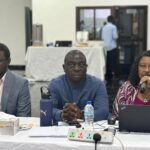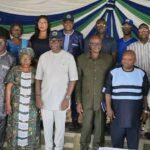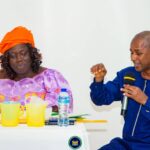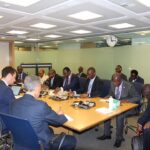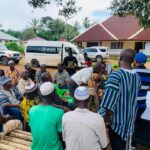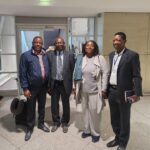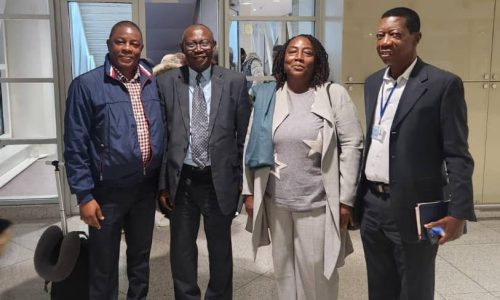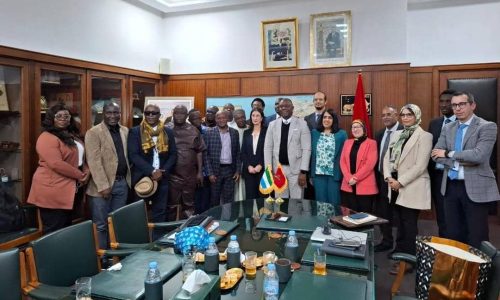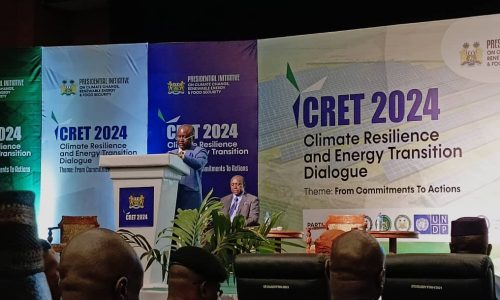Impact on Africa’s Banking System During Covid-19
The Pandemic has caused an uncontrollable shock to the global economy. There remains considerable uncertainty around the pathway of the Coronavirus, the intent, and the rapidity of any economic recovery, particularly to the globalization of trade and capital in the longer-term. The pandemic is already radically worsening the economic outlook for Africa, it is reported that growth is expected to collapse to a negative 1.6% and per capita to fall of 3.9%, making 2020 the worst year since records began in 1970 for the continent’s economic growth. Poverty which has been Africa’s endemic is also expected to increase by 2% of the regional population, with 26 million people falling under the poverty line, erasing five years of progress in poverty reduction. Half of the new poor will live in just five countries: The Democratic Republic of Congo, Ethiopia, Kenya, Nigeria, and South Africa – with Nigeria contributing the most with 6.6 million according to unpublished World Bank material. From the implementation of Basel III to strengthening the capital base of systemically important institutions and lowering the base rate, fortunately, regulation in the region has improved over the last decade. Regulators have taken immediate steps to manage financial stability in response to the Pandemic, which should reduce the risks of failure in banking systems. Policy measures have included lowering the base rate, which has positive effects on aggregate demand and household abilities to service debts. lowering bank cash reserve ratios, government bond-buying programs, and debt moratorium for banks. Notwithstanding, the stability of the banking sector in Africa is threatened by the likelihood that there will be a sharp increase in non-performing loans, from the already high levels of 11% in 2019. Debtors across sectors and scales of business will be affected, as declines in income and revenue mean that they will be unable to meet their obligations. Individual institutions also remain vulnerable to failure. Such as, microfinance financial institution (MFI) portfolios will come under stress as a result of lending to households with volatile income and no assets, and some may be unable to maintain solvency. Institutions at risk include those with hard-currency, short-term funding, or interbank liabilities, or those with high concentrations in sectors particularly affected by the Covid-19 shock. Such problems make a ‘credit crunch’ likely, with sharp reductions in new lending and hoarding of liquidity and capital. This will mean that the banking sector will add to already recessionary forces in sub-Saharan African economies. If for instance MFIs are under stress, this credit crunch will affect small and medium-sized enterprises (SMEs) and microbusinesses badly – reducing low-income households’ ability to maintain livelihoods including in the informal sector. Policy measures to address this have included reducing capital ratios and interest rates, which may help to balance financial stability and finance for growth – although their effectiveness will also be subject to banks’ risk appetite. In addition, should recovery not be rapid, there is a risk of ‘zombie’ banks and firms. This means that they are effectively bankrupt, but the insolvency is not crystallized because of policy forbearance. In other crises (such as Japan’s ‘Great Recession’ in the 1990s), such problems suppressed a robust recovery for decades. In conclusion, in a worst-case economic scenario, the economic recession in the region could be deeper or more exceptionally prolonged than expected and possibly result in a systematic collapse in many of the country’s banking systems. Three ways to support Africa’s banking system This outlook has serious negative implications for the livelihoods of low-income households – especially as they will feel other effects of the shock such as reduced remittances and trade. In the short-term, international finance institutions (IFIs) need to support SMEs and microbusinesses directly or through financing via banks and MFIs. In the longer-term, finance to support recovery – also known as ‘patient capital’ – will be key to replace lost bank lending. This is especially the case in agriculture, manufacturing, and trade where employment and informal occupations are concentrated. However, it is important to support only viable businesses and not prop-up ‘zombie’ businesses or financial institutions as this can delay recovery. For households suffering immediate distress such as food insecurity, social protection programs are needed rather than financial inventions, including direct cash transfers and health and welfare programs. Finally, the crisis has brought to the fore the possibilities of the digital economy. Africa already leads the world on telecom infrastructure and uptake and innovation in the digital economy. This offers efficiency and productivity gains for African economies. Today it presents a chance to continue to build the economy in the post-COVID-19 environment and even for Africa to aspire to become a global hub for innovation. IFIs need to support and deepen such innovation in the digital economy including in supply chains, consumer services, and trade




